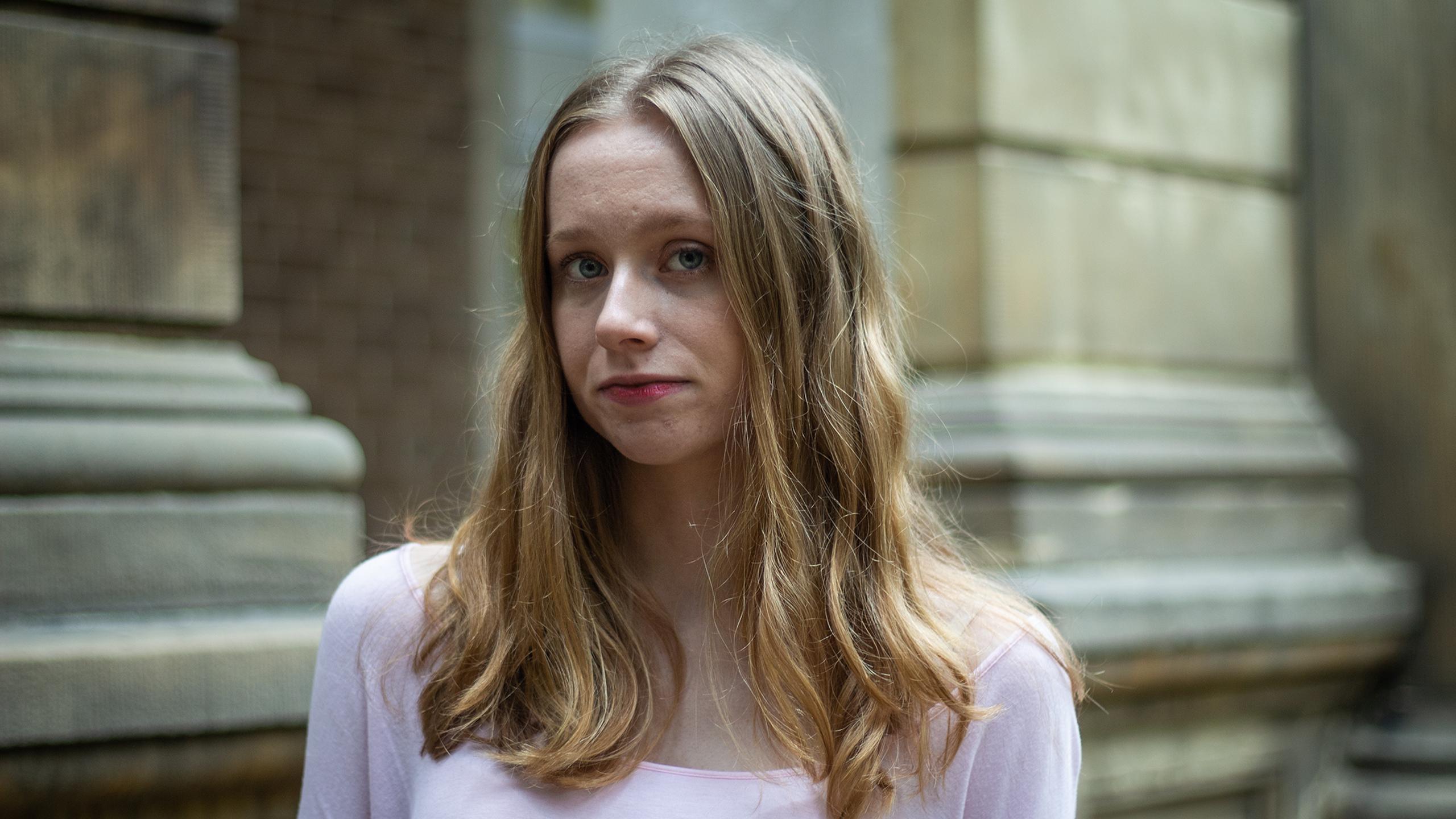By Sherina Harris
I was nervous the very first time I walked into my counsellor’s office, just over a month ago. I had told my friends and family that I wasn’t sure it would help. I didn’t think anyone would “get” how my brain works, my feelings in a time of grief, and on top of that, I was worried about the notorious logistics around finding an ongoing counsellor on a post-secondary campus.
But right after, I texted my group chat. “Guys, counselling was so good!!!!”
My case is extremely unique, though. I know I’m lucky to have a counsellor I actually look forward to seeing, and also lucky I avoided the referral process.
If you search “mental health” on The Eyeopener’s website, you’ll see a number of articles from the past year covering the student mental health crisis, with stories on long wait times at Ryerson’s Centre for Student Development and Counselling, programs that aim to shorten them, anti-mental health rhetoric at Ryerson, the lack of resource diversity—and so much more. We do our best to cover every aspect of mental health, but the range of experiences is broad and nuanced. Oftentimes we get caught up in the news pegs or the big picture of it all, and don’t accurately portray the details around students’ lived experiences. It can ultimately desensitize us and our readers.
But as we know, mental health problems—especially at post-secondary campuses—exist outside any news cycle. Young people between the ages of 15 to 24 are more likely to experience mental illness than any other age group, according to statistics from the Centre for Addiction and Mental Health. That’s why this week, we’ve launched an online package of three features that look at student mental health, up-close. Featured in the package are in-depth perspectives that aren’t always in our daily coverage.
Sometimes mental health can feel isolating and secretive. But slowly I’ve seen a shift in our openness.
As the managing editor of this package, I have been working with my team of writers since the summer. But that was before I started my counselling sessions. Since then, I’ve had a greater appreciation for those who have been through long-term struggles, and want to help give a platform to those stories.
READ OUR UP-CLOSE & PERSONAL STORIES:
Going online for support by Dhriti Gupta
How student internships take a toll on mental health by Kirti Vyas
Why students are in need of identity-specific counselling by Randeep Mandar












Leave a Reply